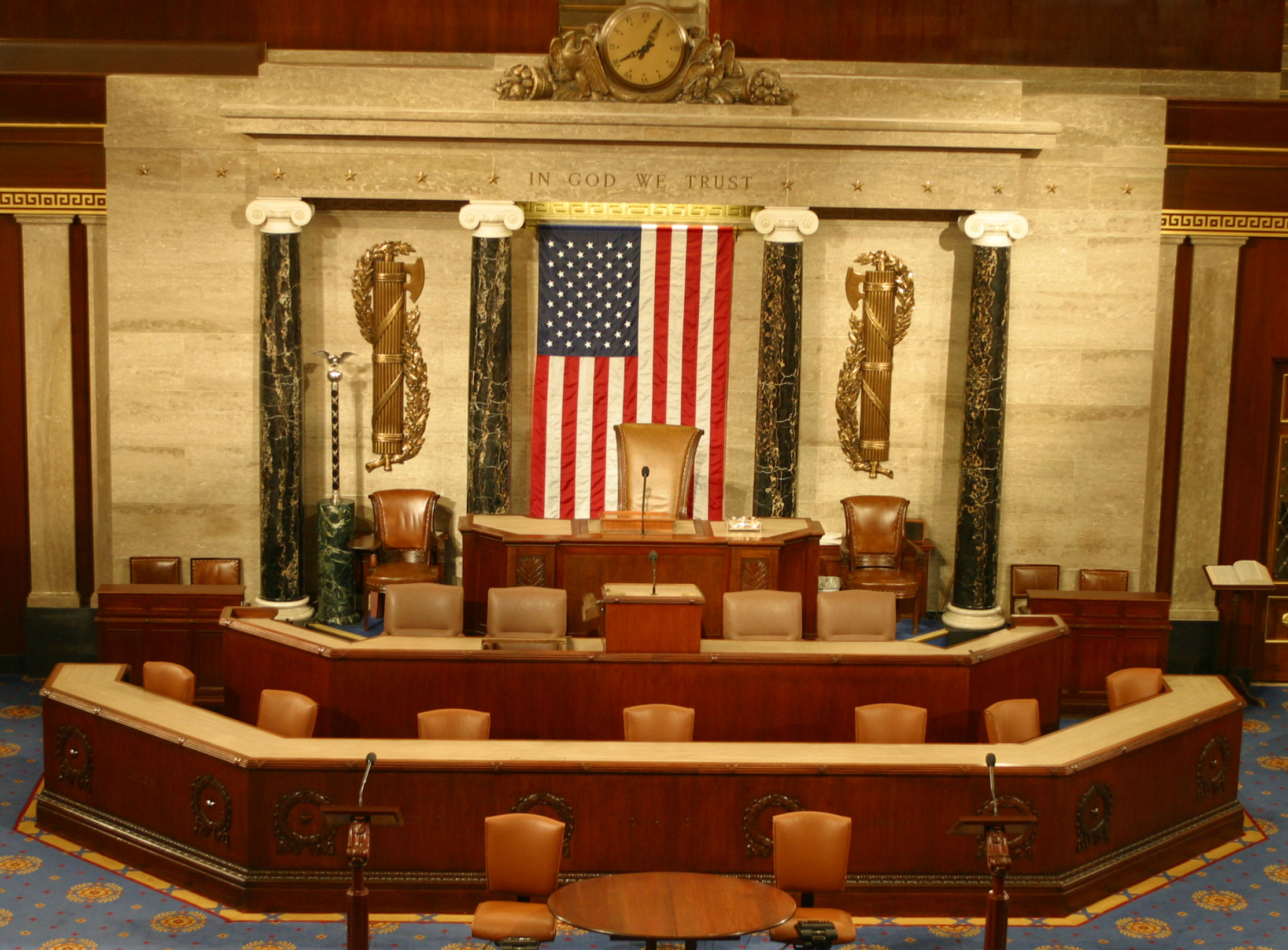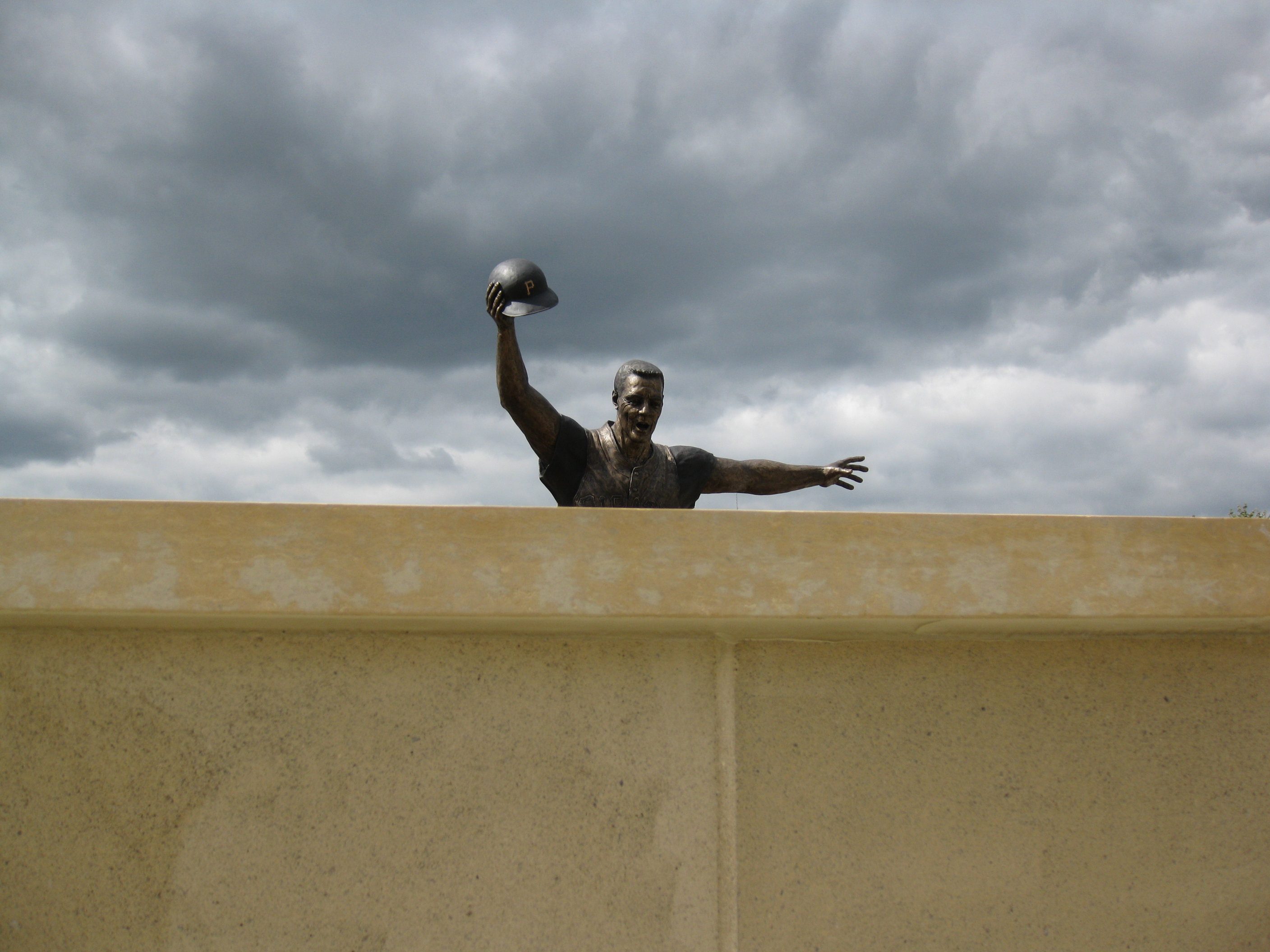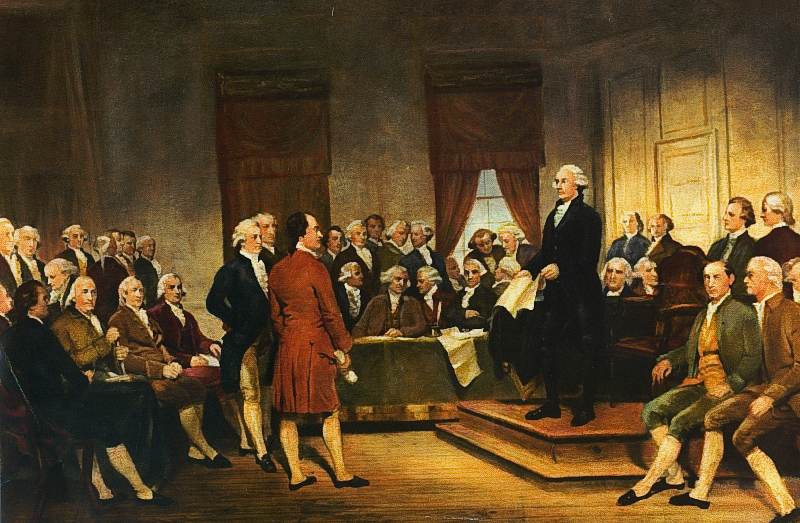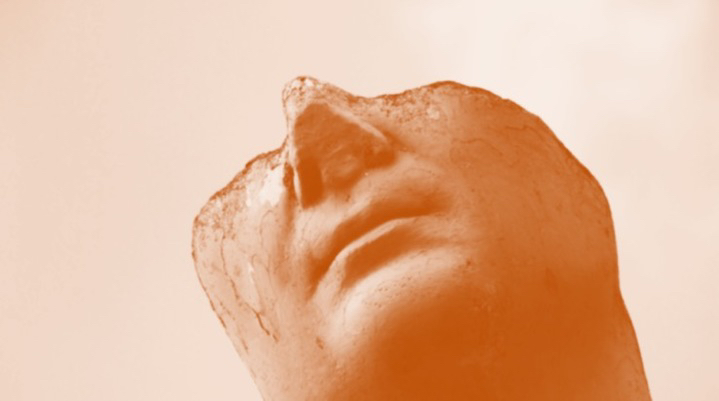A Burst of Light
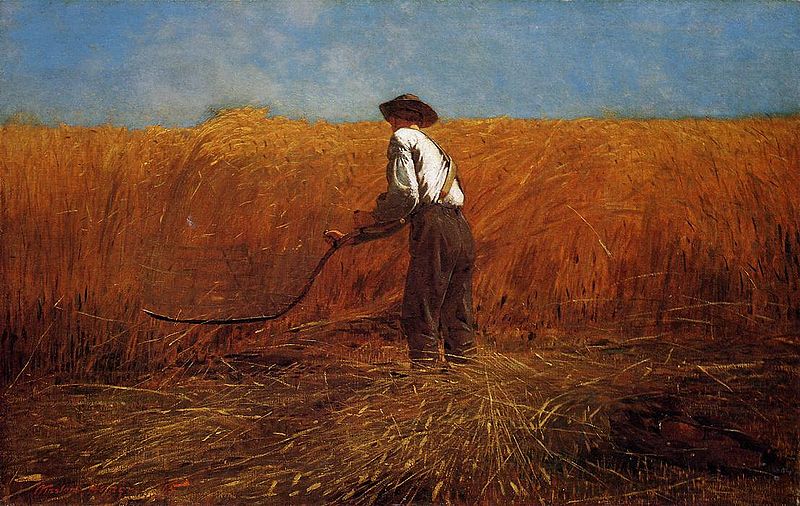
The coming great awakening.
As the majority of us stay home, working with spouses, roommates, and children nearby, our impatience with the supposed new “normal” increases—and rightly so. But we must take heart. America will emerge from this seeming tomb into the bright light of a classic American summer. I’m sure of this because of what my grandpa taught me.
The minor ennui of working from home is small suffering compared to the trials faced by those in the restaurant and hospitality industries, or the airline and energy sectors. And that’s to say nothing of small business owners watching red ink overwhelm personal ledgers, or laid-off men and women waiting for crashed state unemployment insurance websites to reload. Worse still is the suffering from the virus itself. Too many people are breathing labored breaths with or without the aid of ventilators, their loved ones waiting across the miles-wide glass—if they were lucky enough to get that close.
My own family’s trials seem small in comparison, but they are ours nonetheless. My grandpa passed away a few weeks ago, less than seven days into the national shutdowns. He left this life at his house in Ohio, hundreds of miles west of me, far over the Alleghenies from my D.C. apartment. He would have had his birthday this month. With no immediate possibility of a funeral or the military burial he would have received in a less fraught time, the end of his 91-year walk has left something deeply unresolved in my heart.
My mind has been full of the best him—flooding my sleeping memories. I know I can’t see him on earth again, but I hope toward heaven. And so the dreams come: his eyes twinkling with the stories from his days in the army, and of those sunny years following World War II when he and the rest of the Greatest Generation took their place on the line in booming factories, at the stoop of newly framed houses, beneath the steel beams of rising skyscrapers, and then accepted the keys to shiny new cars and the country they’d earned the right to lead.
I see our current global pandemic through those stories he told me. That history gives us reference points for how this long night gives way to morning. It gives me courage to imagine the best possible conclusion of this seemingly endless slumber. In this national night, it is up to us to recall our national legacy and redeem this dream.
I imagine the president taking the microphone in the T.V.-made blue press room, just weeks from now, the rapid-fire sound of clicking cameras as he stands flanked by his tired, relieved scientific advisers, to declare the fight has been fought, that the American people did what we knew we could do, that we finally hammered this latest rough edge of a fallen world into submission. We can go back to work.
And then slowly at first, the streets will fill again with cars, and sidewalks will bounce with the stride of pedestrian commuters, walking without AirPods for once, content to marvel at the sounds and the miracle of many scattered steps. A slow-motion V-day.
The restaurants will call their chefs and waitstaff up, and the hair salons and electricians will text their employees and say, “come back!” And some of the workers will text back thumbs up emojis, and some will say, “I work for Walmart” or “I work at Amazon” or “I was hired by a pharmaceutical factory,” and “the pay is better.” Then all of the restaurants and storefronts will unfurl the signs, “NOW HIRING!” And immigrants and native sons will apply together in lines that hug the curb—not because of the six feet between each person, but because of the number of people eager to work, to earn, to serve.
When the long night of April—the cruelest month—gives way to May, I imagine the nights will be sleepless not with worry, but with eager eyes and hands filling orders and restocking shelves and mopping dusty malls for the surge of shoppers and online orders through rebuilt national supply chains. And the toilet paper aisle will be full again, the Dow will race up the mountain to 30,000, and retirees will breathe a double sigh of relief as their 401(k)s are restored and their families can visit them again.
As June grows knee-high corn stalks, the crack of a baseball bat will be met with a thousand cheering fans, and no one will care if they remember the words when we all can sing our favorite songs together.
On Sunday, empty pews will swell with hungry hearts and ears itching for the blessed and solemn worship, eager to repent and receive forgiveness and to go out with joy, and each Sunday will be more packed than the last as yearning for fellowship with each other beckons us to renewed fellowship with God. We celebrate the resurrection every Sunday, after all.
And the fireworks on the Fourth of July will be the best we have seen. For the Great American Awakening will be here again, like a burst of light over the Chesapeake, Hudson, and Golden Gate.
Then at last, I will be able to lay flowers at a headstone for my grandpa, the man who taught me what to look forward to—who taught me what it was like when America won together.
The American Mind presents a range of perspectives. Views are writers’ own and do not necessarily represent those of The Claremont Institute.
The American Mind is a publication of the Claremont Institute, a non-profit 501(c)(3) organization, dedicated to restoring the principles of the American Founding to their rightful, preeminent authority in our national life. Interested in supporting our work? Gifts to the Claremont Institute are tax-deductible.
Root, root, root for the electors. If they don't win it's a shame.
Part I: Unfettered reason cannot conserve anything.


